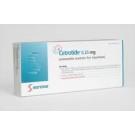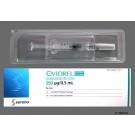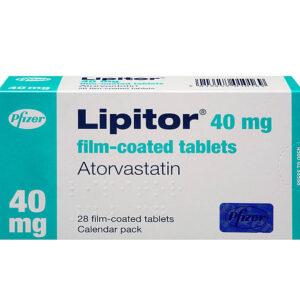Important information about prednisone
You should not use this medication if you are allergic to prednisone, or if you have a fungal infection anywhere in your body.
Before taking prednisone, tell your doctor about all of your medical conditions, and about all other medicines you are using. There are many other diseases that can be affected by steroid use, and many other medicines that can interact with steroids.
Your dosage needs may change if you have any unusual stress such as a serious illness, fever or infection, or if you have surgery or a medical emergency. Tell your doctor about any such situation that affects you during treatment.
Prednisone can weaken your immune system, making it easier for you to get an infection or worsening an infection you already have or have recently had. Tell your doctor about any illness or infection you have had within the past several weeks.
Avoid being near people who are sick or have infections. Call your doctor for preventive treatment if you are exposed to chicken pox or measles. These conditions can be serious or even fatal in people who are using a steroid.
Do not receive a “live” vaccine while using prednisone. The vaccine may not work as well during this time, and may not fully protect you from disease.
Wear a medical alert tag or carry an ID card stating that you take prednisone. Any medical care provider who treats you should know that you are using prednisone.
Before taking prednisone
You should not use this medication if you are allergic to prednisone, or if you have a fungal infection anywhere in your body.
Prednisone can weaken your immune system, making it easier for you to get an infection. Steroids can also worsen an infection you already have, or reactivate an infection you recently had. Before taking prednisone, tell your doctor about any illness or infection you have had within the past several weeks.
To make sure you can safely take prednisone, tell your doctor if you have any of these other conditions:
-
liver disease (such as cirrhosis);
-
kidney disease;
-
a thyroid disorder;
-
diabetes;
-
a history of malaria;
-
tuberculosis;
-
osteoporosis;
-
a muscle disorder such as myasthenia gravis;
-
glaucoma or cataracts;
-
herpes infection of the eyes;
-
stomach ulcers, ulcerative colitis, or diverticulitis;
-
depression or mental illness;
-
congestive heart failure; or
-
high blood pressure
FDA pregnancy category C. It is not known whether prednisone will harm an unborn baby. Tell your doctor if you are pregnant or plan to become pregnant while using this medication. Prednisone can pass into breast milk but this is not expected to harm a nursing baby however, do not use prednisone without telling your doctor if you are breast-feeding a baby.
Prednisone can affect growth in children. Talk with your doctor if you think your child is not growing at a normal rate while using this medication.
How should I take prednisone?
Take prednisone exactly as prescribed by your doctor. Do not take in larger or smaller amounts or for longer than recommended. Follow the directions on your prescription label.
Your doctor may occasionally change your dose to make sure you get the best results.
Take with food if prednisone upsets your stomach.
Your dosage needs may change if you have unusual stress such as a serious illness, fever or infection, or if you have surgery or a medical emergency. Tell your doctor about any such situation that affects you.
Measure liquid prednisone with a special dose measuring spoon or medicine cup, not with a regular table spoon. If you do not have a dose measuring device, ask your pharmacist for one.
Prednisone can cause unusual results with certain medical tests. Tell any doctor who treats you that you are using prednisone.
Do not stop using prednisone suddenly, or you could have unpleasant withdrawal symptoms. Talk to your doctor about how to avoid withdrawal symptoms when stopping the medication. Wear a medical alert tag or carry an ID card stating that you take prednisone. Any medical care provider who treats you should know that you are using prednisone.
Store prednisone at room temperature away from moisture and heat.





